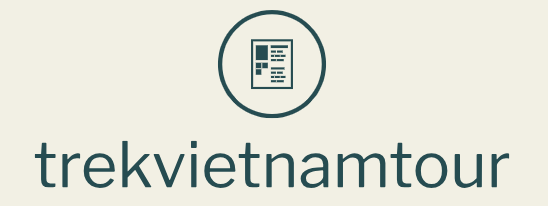Unlocking the Dynamics of Inbound and Outbound Tourism
Understanding Inbound Tourism
Inbound tourism refers to the phenomenon where individuals travel to a particular destination within their own country or from abroad. It encompasses a wide range of activities, from sightseeing and cultural exploration to leisure and business travel. Understanding the dynamics of inbound tourism is crucial for destinations looking to attract and cater to visitors from various backgrounds and preferences.
The Appeal of Inbound Tourism
One of the primary attractions of inbound tourism is the opportunity for travelers to immerse themselves in the local culture, traditions, and way of life. For many visitors, experiencing the authentic essence of a destination is a key motivator for travel. From sampling local cuisine to participating in traditional festivals and ceremonies, inbound tourists seek to engage with the rich tapestry of experiences that a destination has to offer.
Challenges and Opportunities in Inbound Tourism
While inbound tourism presents significant economic benefits for destinations, it also brings forth challenges that need to be addressed. These challenges may include managing overcrowding at popular tourist sites, preserving cultural heritage, and ensuring sustainable tourism practices. However, with proper planning and strategic management, these challenges can be transformed into opportunities for growth and development.
Exploring Outbound Tourism
On the other hand, outbound tourism involves individuals traveling from their home country to destinations abroad. This form of tourism allows travelers to explore new cultures, landscapes, and experiences beyond their familiar surroundings. Outbound tourism is fueled by a sense of curiosity, adventure, and the desire to broaden one’s horizons by stepping outside of their comfort zone.
The Allure of Outbound Tourism
Outbound tourism offers travelers the chance to embark on exciting adventures and create lasting memories in unfamiliar territories. Whether it’s trekking through exotic landscapes, indulging in culinary delights, or immersing oneself in the history and traditions of distant lands, outbound tourists are driven by a thirst for exploration and discovery. The allure of outbound tourism lies in its ability to open doors to new worlds and enrich the lives of travelers in profound ways.
Trends Shaping Outbound Tourism
In recent years, several trends have emerged that are shaping the landscape of outbound tourism. These trends include the rise of experiential travel, the growing popularity of adventure tourism, and the increasing demand for sustainable and eco-friendly travel experiences. Additionally, advancements in technology and the rise of social media have empowered travelers to seek out unique and authentic experiences that cater to their individual interests and preferences.
Synergy Between Inbound and Outbound Tourism
While inbound and outbound tourism may seem like two distinct phenomena, they are intricately connected and often influence each other in significant ways. For example, a positive reputation for a destination among inbound tourists may inspire outbound travelers to visit the same destination based on recommendations and word-of-mouth. Similarly, experiences gained during outbound travel may influence inbound tourists’ perceptions and expectations of destinations they visit in the future.
Harnessing the Power of Inbound and Outbound Tourism
To maximize the benefits of inbound and outbound tourism, destinations must adopt strategic approaches that cater to the needs and preferences of travelers. This may involve investing in infrastructure and amenities to enhance the visitor experience, implementing sustainable tourism practices to protect natural and cultural resources, and fostering collaboration and partnerships between stakeholders across the tourism industry. By harnessing the power of both inbound and outbound tourism, destinations can unlock new opportunities for growth, development, and prosperity. Read more about inbound and outbound tourism
